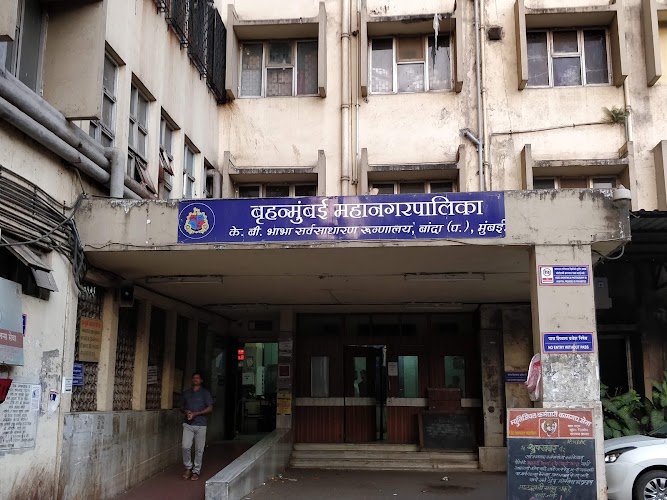In a recent healthcare crisis, Bhabha Hospital in Kurla, Mumbai, found itself grappling with a shortage of doctors, threatening the operation of its 10-bed ICU unit. The contractor responsible for supplying doctors abruptly halted operations 15 days before the scheduled end date of the contract on October 14. The hospital's swift response involved seeking assistance from Sion Hospital to ensure the uninterrupted functioning of its critical care unit. This incident has raised concerns about the efficiency of the contractual system in healthcare and the need for stringent regulations.
Bhabha Hospital had contracted Malika Properties Pvt Ltd to provide two doctors for three shifts daily in their ICU unit. However, the contractor unexpectedly ceased operations, leaving the hospital in a difficult situation. Patients were being redirected to other BMC hospitals, but this was seen as a temporary solution. The hospital, facing an imminent crisis, sought the intervention of RTI activist Anil Galgali, who brought the matter to public attention.
Blacklisting the Contractor: The civic health department is now in the process of blacklisting Malika Properties Pvt Ltd due to the abrupt disruption of services. This incident has prompted a reevaluation of the contracting process and the need for proper measures to ensure the seamless operation of healthcare facilities. Once the current contract officially concludes, a fresh tender will be floated, enabling the hospital to release the borrowed doctors from Sion Hospital.
Impact on Patient Services: The hospital's services were minimally impacted due to its swift response and the assistance of Sion Hospital. Officials noted that Bhabha Hospital typically handles less severe cases, and critical patients are routinely transferred to Seven Hills Hospital. Despite the successful mitigation of the crisis, questions arise about the reliability of the contractual system and the need for a more robust framework.
This is not the first time BMC hospitals in Mumbai have faced challenges related to contractual doctors in ICU units. BMC operates 16 peripheral hospitals, employing contractors to manage various services, including ICUs, based on their requirements. Earlier this year, Jeevan Jyoti Trust supplied unqualified contractual doctors at BMC's MT Agarwal Hospital in Mulund (West), exposing a broader issue of enforcement and regulation oversight by the BMC.
Civic activists, such as Milind Mhaske, founder of the non-profit Praja Foundation, emphasize that the problem lies not necessarily with contractual staff but with the lack of stringent enforcement of regulations by the BMC. The contractual model is essential to address specific needs and demands, but its effectiveness hinges on meticulous oversight and adherence to established rules.
The recent doctor shortage crisis at Bhabha Hospital highlights the vulnerabilities within Mumbai's healthcare infrastructure, specifically concerning the reliance on contractual services. While the immediate impact on patient services was mitigated through prompt action and assistance from Sion Hospital, the incident calls for a comprehensive review of the contracting system. Strengthening regulations, enforcing oversight, and reevaluating the selection process for contractors is imperative to ensure the uninterrupted delivery of healthcare services and prevent such crises in the future

 BMC runs 16 peripheral hospitals, contracting various services like ICUs. Jeevan Jyoti Trust's supply of unqualified contractual doctors at BMC's MT Agarwal Hospital in Mulund (West) highlighted broader issues in BMC's oversight and regulation.
BMC runs 16 peripheral hospitals, contracting various services like ICUs. Jeevan Jyoti Trust's supply of unqualified contractual doctors at BMC's MT Agarwal Hospital in Mulund (West) highlighted broader issues in BMC's oversight and regulation.




















.jpeg)

.jpeg)










.jpg)




.jpg)

